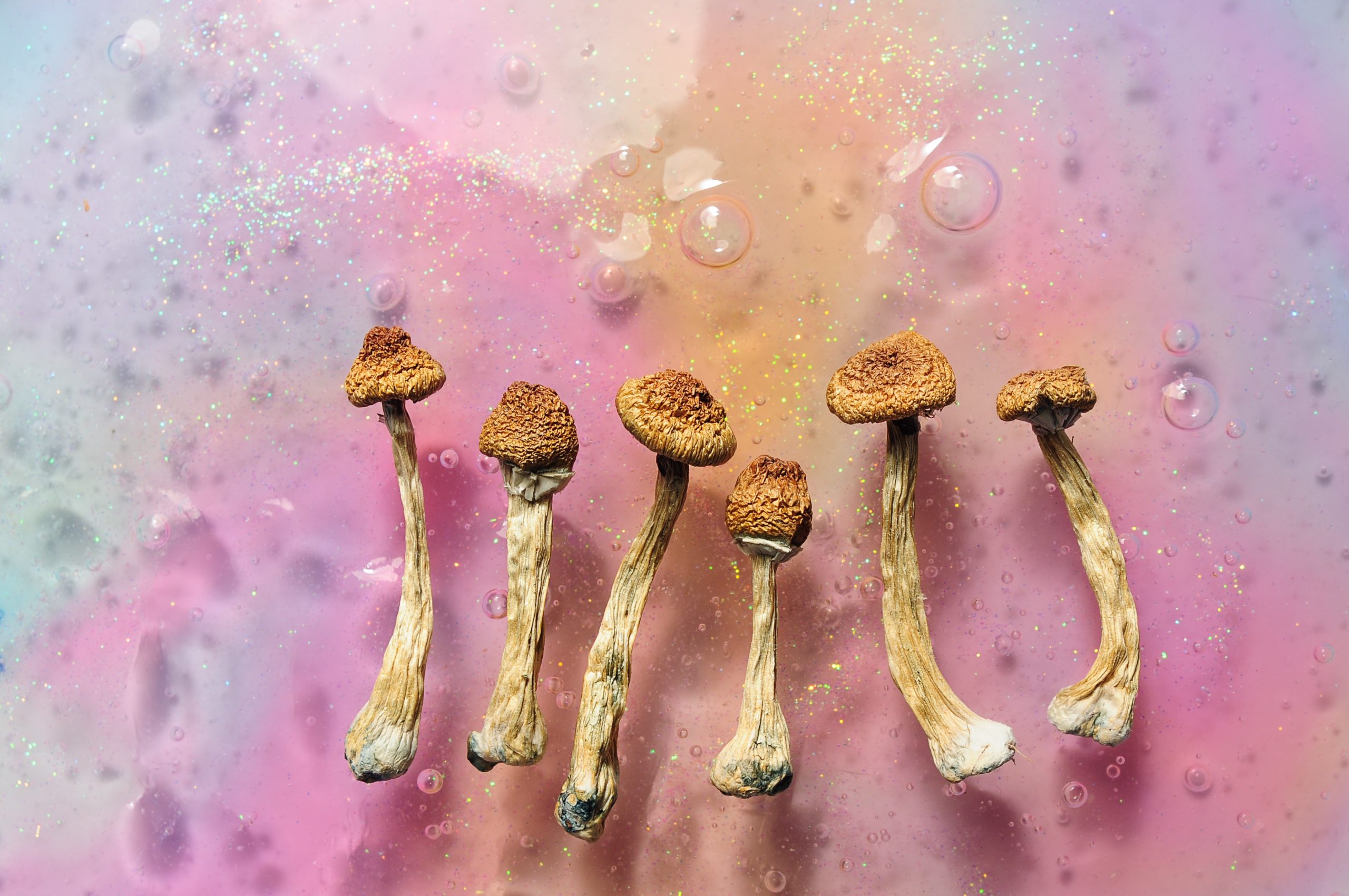
Detroit Approves Vote To Decriminalize Psychedelics |
Detroit voters overwhelmingly voted in favor of Proposal E on Tuesday to decriminalize naturally occurring psychedelic drugs like mescaline, ayahuasca, psilocybin and dimethyltryptamine (DMT). Proposal E, approved by 61 percent of the city’s electorate, makes the personal possession and therapeutic use of entheogenic plants and mushrooms, such as psilocybin mushrooms, the city’s lowest law enforcement priority.
With the passing of the poll, Detroit will become the newest community to approve action to decriminalize psychedelics, with Washington, DC, Denver, and Oakland, California and other cities nationwide enacting similar laws through the ballot box or city council action. Other Michigan cities, including Ann Arbor and Grand Rapids, have also taken similar measures.
“We are seeing a steady trend for local communities to vote to decriminalize the therapeutic use of entheogenic plants,” said Dr. John Huber, CEO of TripSitter Clinic, a ketamine telemedicine clinic that recently opened in Michigan, told The High Times in an email.
“The passage of this vote in Detroit represents where ordinary people are when it comes to adopting non-traditional healing modalities,” added Huber. “Any local decriminalization law that is passed serves to create a fairer society: one that does not judge or punish individuals for going on their own path to healing.”
Proposal E qualified for the November Detroit election following a signature-gathering campaign led by the Decriminalize Nature Michigan group. Moudou Baqui, a spokesman for Decriminalize Nature in Detroit, said the measure does not apply to commercial psychedelic activities that would have required detailed regulatory provisions.
“If we move towards decriminalization, we eliminate a whole range of potential problems, be it licensing, whether it is the so-called code enforcement, whether it is so-called compliance problems,” Baqui told the public radio of Detroit.
More extensive efforts to decriminalize psychedelics are also underway in Detroit
Activists and lawmakers are also pushing government policy reforms on psychedelic drugs and entheogenic plants. In last November’s election, voters made Oregon the first state in the nation to decriminalize psilocybin for therapeutic use by passing Measure 109.
And in September, Michigan Democratic Senator Jeff Irwin tabled a bill to decriminalize psychedelic drugs like psilocybin and mescaline in the state, even though commercial production and sale would remain illegal. Under the Legislature, Senate Act 631, possession and use of psychedelic drugs made from entheogenic plants and mushrooms, including psilocybin, DMT, ibogaine, mescaline, and psilocybin, would be “exempt from prosecution in certain circumstances.”
“These substances have medicinal value, they have religious significance, and they have very little propensity for abuse,” Irwin told Michigan Advance after introducing the law. “So I suggest decriminalizing the substance because there really is no point in spending time or money arresting people and turning their lives upside down.”
Irwin’s bill is endorsed by Democratic Senator Adam Hollier, who says decriminalizing psychedelics could be the first step towards legalization.
“Michigan can be what Colorado was to marijuana nearly a decade ago, as a blessing and an economic opportunity,” said Hollier. “But most importantly, [we need to] Stop trying to do things criminally for no reason, just because people don’t like them. “
“Because the people who get into trouble about these things are often minority communities, right? Decriminalization just adds a little more justice to the system, ”he added.
Better mental health through psychedelics
Payton Nyquvest, CEO and founder of psychedelic-assisted therapy and products company Numinus, says psychedelic medicine and psychotherapy have the power to change lives. Ongoing studies of psychedelic assisted therapy show the potential for treating many serious medical conditions, including depression, anxiety, substance use disorders, and PTSD.
“Current health systems are inadequate to cope with rising rates of mental illness, addictions and trauma around the world and are unable to address and manage mental health needs. Psychedelic-assisted psychotherapy is based on trained psychedelic therapists and counselors who support patients on their journey and combine traditional psychotherapy with psychedelic medicine, ”Nyquvest told High Times in a virtual interview.
“Psychedelic-assisted psychotherapy is a trauma-informed practice that integrates the experiences of a patient during their psychedelic journey into their everyday life and helps the patient to overcome or better understand their trauma.”
Nyquvest added that the modern healthcare system needs to develop new treatments as alternatives to traditional therapies that are not effective for many patients. Decriminalization, he said, can help speed up the process.
“Decriminalizing psychedelics is a step towards reducing the stigma associated with psychedelic drugs and improving access to mental health treatments,” said Nyquvest. “The current system relies heavily on traditional medicines that focus on treating the symptoms rather than the cause. This system can be expensive and have a high barrier to entry. “
Nyquvest believes that with ongoing research, therapists can create a “new model of accessibility” for their patients, especially those with conditions that resist current standard mental health treatments.
Polling stations for the Detroit election open at 7 a.m. and close at 8 p.m. on Tuesday, November 2, 2021.

Post a comment: